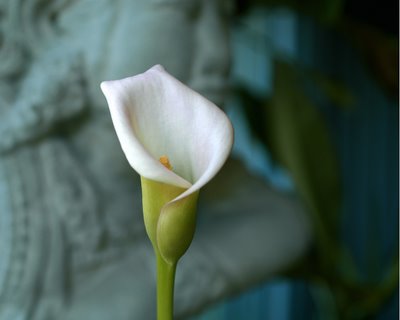
Thirty years ago I lived for four years in Singapore shortly after that island republic was expelled from the Federation of Malaysian States. The new little country was unique in all the world because an honest attempt was being made to accommodate several distinct ethnic groups, four languages, and several religions. Chinese, mostly Buddhists and animists, made up the largest group. Malays, mostly Moslems, were a significant and important group because Malaysia and Indonesia, with Islam as the state religion, surrounded Singapore. About nine percent of the people were Indian; most of them were Hindu with a small group of Sikhs among them. The rest of us had come from all over the world, and the
language that was common to us was English. Street signs were often written in Mandarin, Malay, Tamil, and English.
Over the years I have watched as Singapore has struggled with its national identity. Lee Kuan Yew, the first prime minister, is an old man now; but he still insists that “We can all get along.” He has appeared alternately (and sometimes simultaneously) benevolent and dictatorial. He has had the courage to publicly change his mind on important issues. What
has not changed about him is his insistence on celebrating national diversity.
Until recently I thought his way of thinking about diversity was the American way. I should have known better. I was born into an America that discriminated against most non-white citizens. Without thinking there might be something wrong with the attitude, I grew up assuming that because I was white and male and Protestant Christian I could almost always be at the front of any line where rewards were being distributed. In adolescence when I studied American history, I was told by my teachers that I was fortunate to be a citizen in a nation built on an idea that all men were created equal. In my first year of high school I began to wonder why the textbook ideal didn’t match the reality. My seatmate (two-person desks in some classrooms) in my ninth grade English class was a Japanese-American boy who had been interned in a camp for the duration of the war with Japan.
As an elder citizen of this free country, I am dismayed that the present administrations in the majority of the states in America and the president of the United States continue to insist that civil rights should not be extended to all groups in our pluralistic society. For example, we reassure ourselves that we do indeed celebrate diversity by permitting parades and festivals (that bring in big bucks and give politicians a chance to be seen approving diversity) by gays, lesbians, bisexuals, and transgender persons; but we will not give them the benefit of many of the civil rights the rest of us take for granted and enjoy.
Americans have a way of assuming that we are the model society, the nation which should serve as the pattern for all others. But we do make mistakes. We start a war then lie to ourselves and to the rest of the world about why the war started in the first place. We insist that economies of all the other countries in the world should serve our economic interests first.
But there is good news. The good news is that as a people (if not in government) we are making progress. I can’t explain why it is that we sometimes elect inadequate leaders, but I do feel reassured by the fact that most of the people I know personally honestly don’t want to be bigots. Even the people I know who say they believe a gay couple should not be allowed the benefit of marriage (They actually prefer to say “marriage is between a man and a woman”) readily confess that they like and approve the gays they know personally. I want to believe that we are getting better.
2 comments:
What a priviledge to know you.
Thanks for very interesting entry!
We, Russians, know little about American daily life, but I try to reflect on your ideas/
I think, Jerral, that roots of American intolerance lie in the sphere of social purpose. Americans very aggressive, they can’t live without enemies. They try to defend their homes from the enemy, which had never been existing(Like Iraq, for example). The cult of Philistinism makes American to be aggressive in economical and political expansion.
That’s my opinion.
Post a Comment